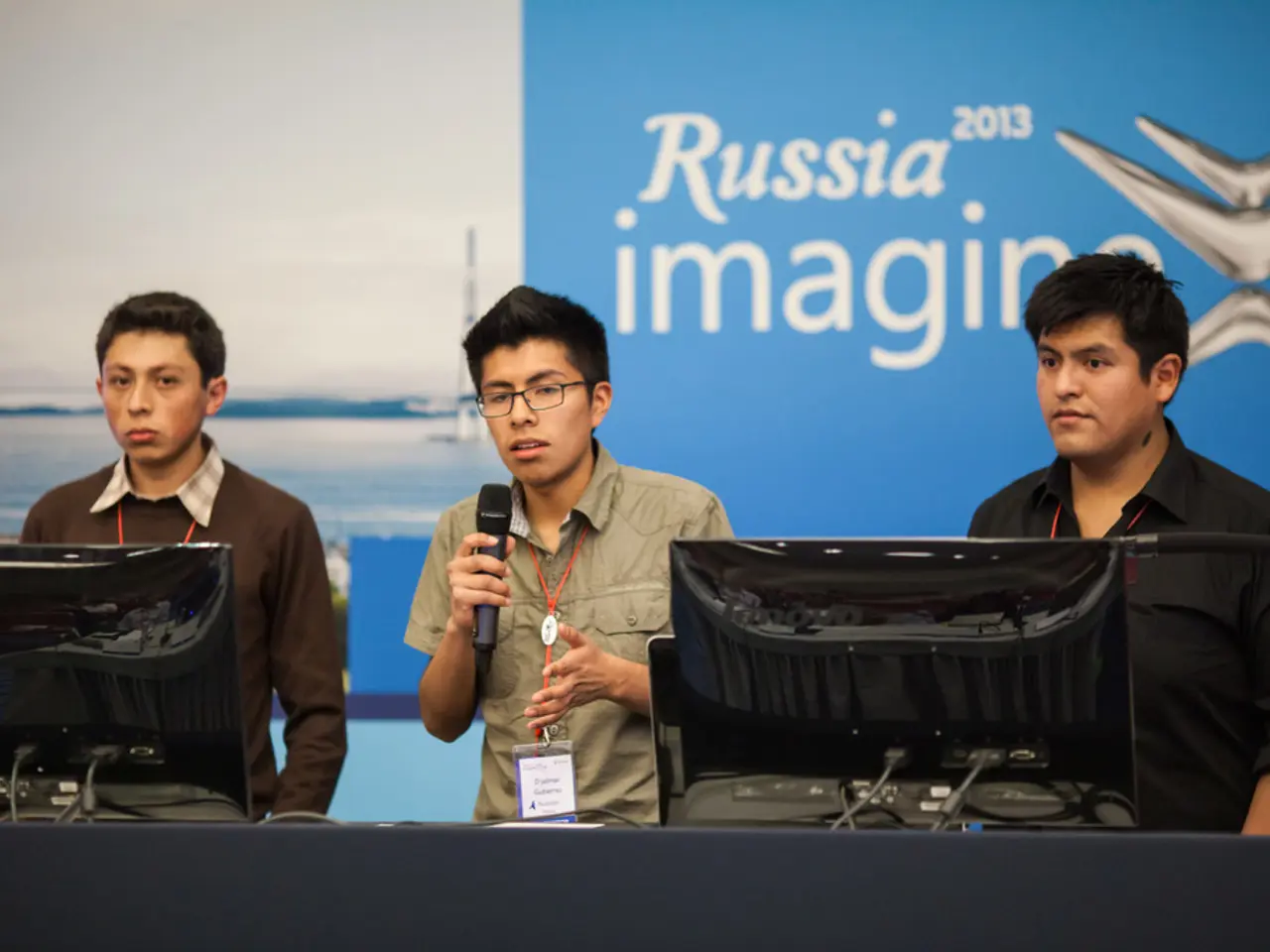Challenging Sweden's Capability to Attract International Talent Despite Tightened Citizenship Policies
Sweden is taking steps to strengthen its long-term competitiveness by implementing stricter citizenship requirements, while simultaneously simplifying and facilitating immigration pathways for skilled labor.
The government's reforms aim to address questions in the migration debate and promote integration and societal understanding. However, these changes target long-term citizenship acquisition rather than the initial immigration of skilled workers.
To attract and retain highly skilled foreign workers, the government is simplifying the rules for EU Blue Card applicants starting in 2025. This includes cutting the salary threshold required by 1.5 times, providing clearer pathways to permanent residence, and reducing the processing time from 90 to 30 days. These measures facilitate a faster and more accessible process for high-skilled labor migration.
Sweden also offers visas like the Job Seeker Visa for highly qualified individuals, allowing them to enter Sweden for 3-9 months to find jobs, thereby enhancing Sweden's appeal as a destination for skilled professionals without immediate citizenship obligations.
However, the question remains how these ambitions can be reconciled with the tougher citizenship requirements. Changing the rules in the middle of the game doesn't just undermine trust, it severs the fragile link between high-skilled migrants and Swedish society, risking not just failed integration, but a real brain drain.
The Migration Agency's lengthy processing times could potentially deny citizenship to people who arrived five years ago, followed all regulations, and paid taxes. This could lead to a real brain drain in Sweden, as highly skilled workers may be driven to settle in other countries, such as Germany.
The Confederation of Swedish Enterprise has warned that the government's tightening measures, especially higher salary requirements, risk hindering Sweden's long-term growth. Foreign tech workers are campaigning against the new Swedish citizenship law, and an opinion piece and an official response to the government's citizenship inquiry, signed by nearly 400 labor migrants in the tech sector, have gone unanswered by the government.
The lack of transitional rules could lead to increased economic and legal uncertainty, driving skilled workers to countries offering greater stability, leaving jobs in Sweden unfilled. The fragile link between high-skilled migrants and Swedish society is at risk due to the government's reforms, and the government has yet to acknowledge concerns expressed by foreign workers regarding the new citizenship requirements.
In an interview with Sveriges Radio, Forssell stated that only Swedish citizens have the unconditional right to stay in the country. Forssell has argued that no transitional rules should apply, meaning people who arrived five years ago, followed all regulations, and paid taxes could suddenly be denied citizenship due to the Migration Agency's lengthy processing times.
Despite these challenges, the Swedish government intends to balance its tougher citizenship requirements with efforts to attract highly skilled foreign workers, ensuring the country remains competitive in attracting international talent.
- The increasingly strict citizenship requirements in Sweden could potentially lead to a brain drain, as highly skilled workers might seek opportunities in countries like Germany.
- In an effort to address the question of reconciliation between the tougher citizenship requirements and the need to attract high-skilled foreign workers, the Swedish government is working to balance these measures with initiatives that facilitate immigration for skilled labor.
- The Swedish Confederation of Enterprise and foreign tech workers have raised concerns about the government's tightening measures, such as higher salary requirements, arguing these could hinder Sweden's long-term growth and competitiveness in attracting international talent.




